

High SchoolPostsecondaryWorkforce

As someone who works closely with people reentering society, and as someone who is looking ahead to his own approaching release from incarceration, I’ve seen firsthand the need to […]
Copyright 2024 / Education Commission of the States. All rights reserved.